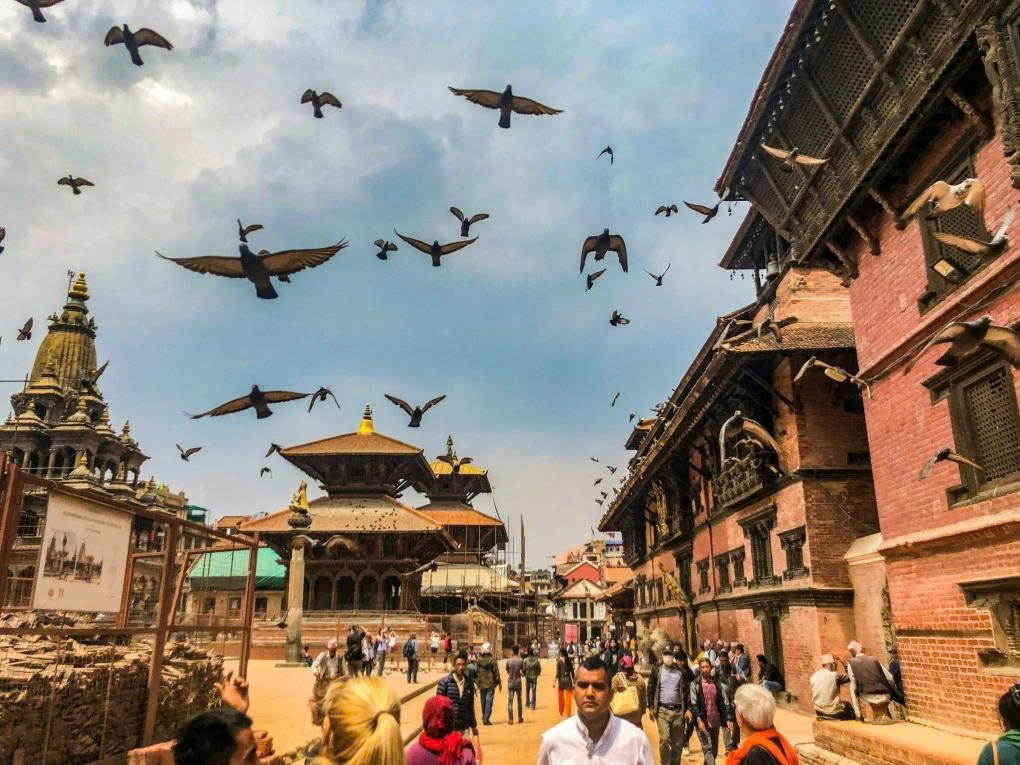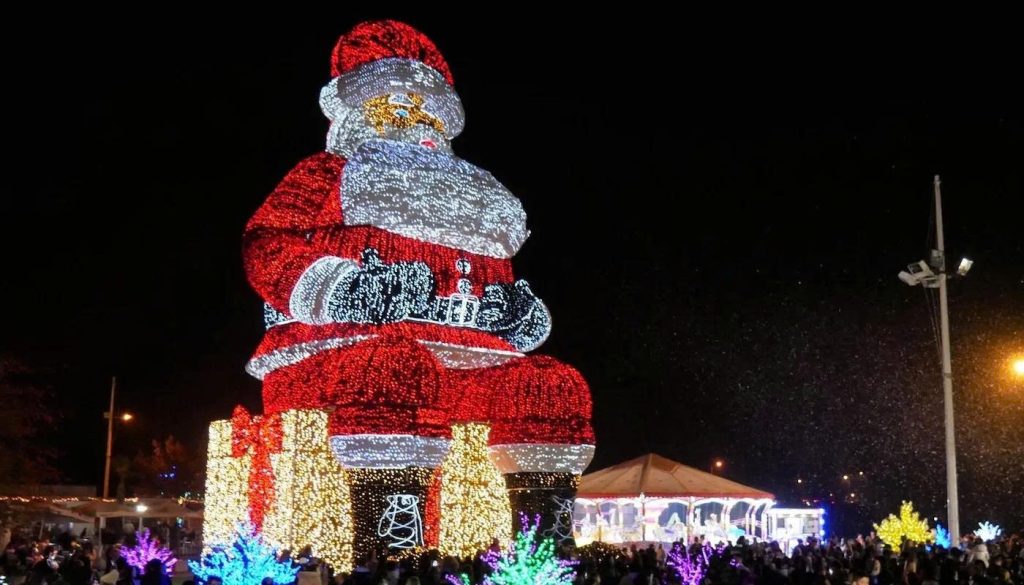A Thailand travel advisory urges visitors during the current period of national mourning to dress respectfully, adhere closely to local customs, and be aware that temporary adjustments to festival and event schedules are in effect as the nation observes this solemn time.
The Kingdom of Thailand has entered a profound year-long period of national mourning following the passing of Her Majesty Queen Sirikit, the Queen Mother, at the age of 93 on October 24th. In response to this deeply significant national event, the Thai Government has declared a period of state mourning and issued comprehensive guidelines for both Thai citizens and international visitors, emphasizing the need for respectful conduct and cultural sensitivity.
The Bureau of the Royal Household officially announced that the body of the revered Queen Mother will lie in state at the Grand Palace for one year before the Royal Cremation rites are conducted, marking a year of solemn observance across the nation. This declaration immediately triggered a set of national protocols designed to show appropriate reverence.

Among the most visible signs of mourning is the flag protocol: from October 25th, the national flag has been flown at half-mast at all government agencies, schools, and state organizations for a duration of 30 days.
For citizens, the recommendation is to wear black or dark-colored attire for 90 days, while civil servants and government officials are required to follow a formal mourning dress code for the full year.
While tourists are not bound by the same strict protocols as local residents, they are strongly advised to participate in this expression of respect. Visitors should choose modest, conservative clothing in muted or somber colors, such as black, white, gray, or navy. Avoiding brightly colored, revealing, or flashy attire, especially in public areas, at temples, and near royal sites, is highly encouraged. This simple gesture goes a long way in showing solidarity and understanding of Thai culture during this sensitive time.
The Tourism Authority of Thailand (TAT) has played a crucial role in balancing the period of grief with the continued welcoming of international guests. Expressing its “deepest sorrow” over the loss, the TAT has issued firm reassurances that “Thailand remains open and is operating as usual.” All essential services—including airports, transportation networks, hotels, restaurants, and most attractions—are functioning normally. However, the TAT stresses that while daily life continues, all visitors are asked to observe local customs, adjust their behavior to a more subdued manner, and acknowledge that the national atmosphere will be one of solemn reflection.

The most noticeable impact for travelers will be the adjustment of certain festival and public event schedules. The TAT has requested that celebratory programs be temporarily postponed or scaled back to reflect the national mood.
Several high-profile events have already been affected:
- The Vijit Chao Phraya 2025 Light Festival in Bangkok, a major seasonal attraction originally planned to run from November 1st to December 15th, has been postponed and is now scheduled to begin on December 1st, reducing its overall run time.
- The highly important Grand Palace and the Temple of the Emerald Buddha (Wat Phra Si Rattana Satsadaram) were temporarily closed to the public from October 26th to November 8th to facilitate the necessary Royal Merit-Making Ceremonies. Travelers planning visits to these iconic sites should confirm their operating hours well in advance.
Meanwhile, other cherished cultural events are proceeding with sensitive modifications. The Sukhothai Loi Krathong and Candle Festival 2025, which is still scheduled for October 27th to November 5th at Sukhothai Historical Park, has been adjusted. The celebrations will now prominently feature commemorative candle-lighting rituals at 9:21 PM nightly as a tribute, and fireworks displays will adhere strictly to a more traditional Sukhothai style, avoiding overly modern or boisterous elements. Similarly, in the ancient capital of Ayutthaya, the local Loi Krathong festival will be simplified, replacing more exuberant performances with focus on solemn candle-lighting activities.
Her Majesty Queen Sirikit, the Queen Mother, was a profound and beloved figure in Thai history. She was the mother of His Majesty King Maha Vajiralongkorn and served as the Queen Consort to the late King Bhumibol Adulyadej from 1950 to 2016. She passed away on October 24th at the age of 93, having received medical treatment for various health concerns since 2019. The nation’s deep respect for her legacy underpins this period of national mourning.
(According to Daily Mail)

















